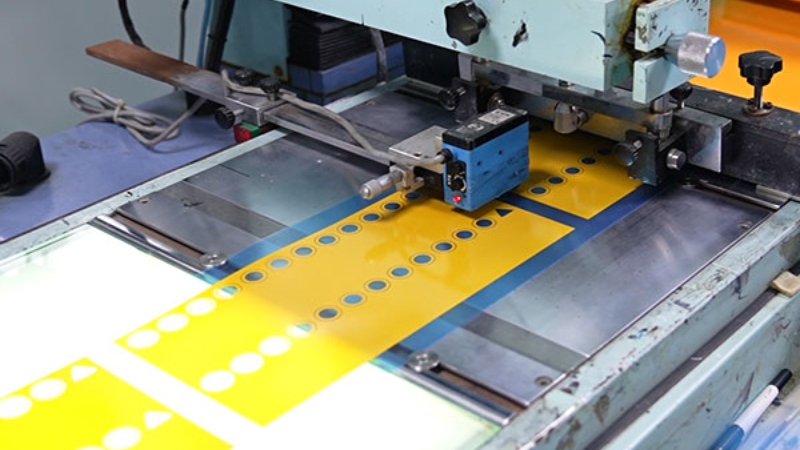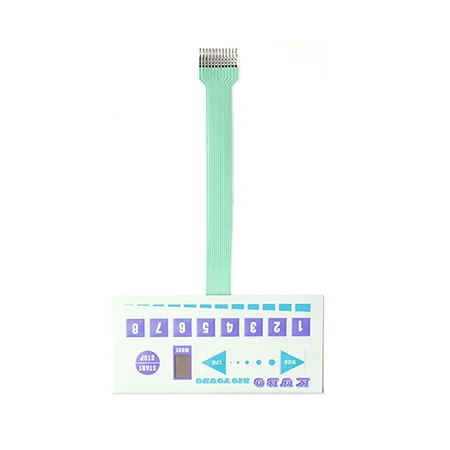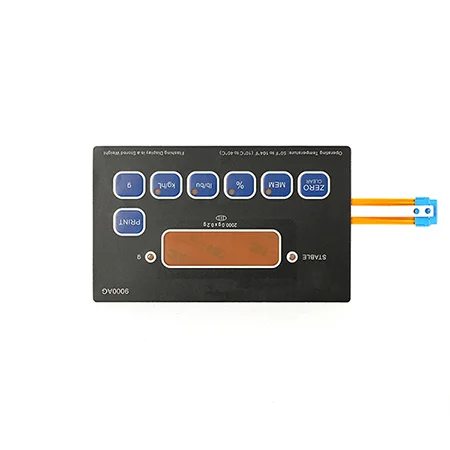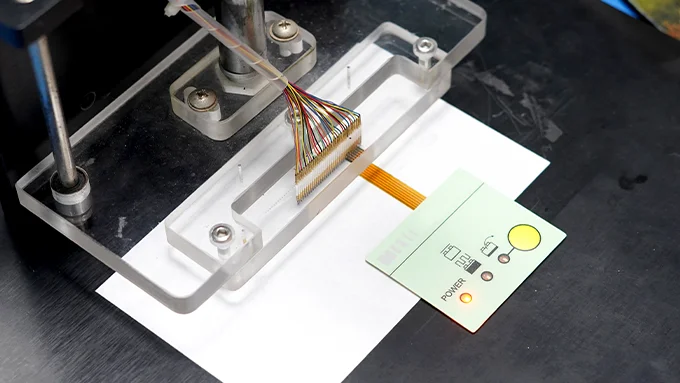
Search "Membrane switches"

Water proof membrane switch
The core part of waterproof membrane switch is the same as the normal membrane switch, which is the conductive circuit on it. When you press the button, the circuit is turned on, thereby conducting electricity to complete the whole function. What about the waterproofness? It is due to the waterproof materials and sealed structures. Waterproof …

PET Membrane Switch for Keypad
A PET membrane switch is an innovative user interface technology that incorporates Polyethylene Terephthalate (PET) film into a membrane switch. This technology utilizes PET to provide a durable and flexible base for the keyboard, ensuring a reliable and responsive user experience. PET membrane switches are commonly used in keyboards, keypads, and control panels, offering a …

FPC membrane switch for printers
FPC membrane switches is a type of user interface that combines the benefits of flexible circuit. It is a thin, lightweight, and flexible electronic component used to create a user interface in various electronic devices, such as keyboards, control panels, and appliances.

Silicone Rubber Membrane Switch
Membrane switches are categorized as “momentary action” switches, indicating that their circuits remain open under normal conditions. However, when a button on the outer layer of the membrane switch is pressed, the printed circuit is temporarily closed, creating a momentary connection that lasts only as long as the pressure is applied and is released once …

LED Membrane Switch
A multilayer touch panel membrane switch assembly for particular application as a membrane control panel for Industrial Equipment and Medical Equipment. The front panel is a smooth surface or matt surface with no exposed area causing metalic surfaces to momentarily make contact, lighting a LED indicator located behind transparent areas in the membrane panel. A …

PET Membrane Switch
PET membrane switches are typically constructed using layers of flexible polyester sheets. These sheets are screen-printed with conductive inks to create circuits and are then assembled with other components, such as adhesive layers and rigid support layers. The top layer features icons, symbols, or text, and it is the part that users interact with.
Contact us online